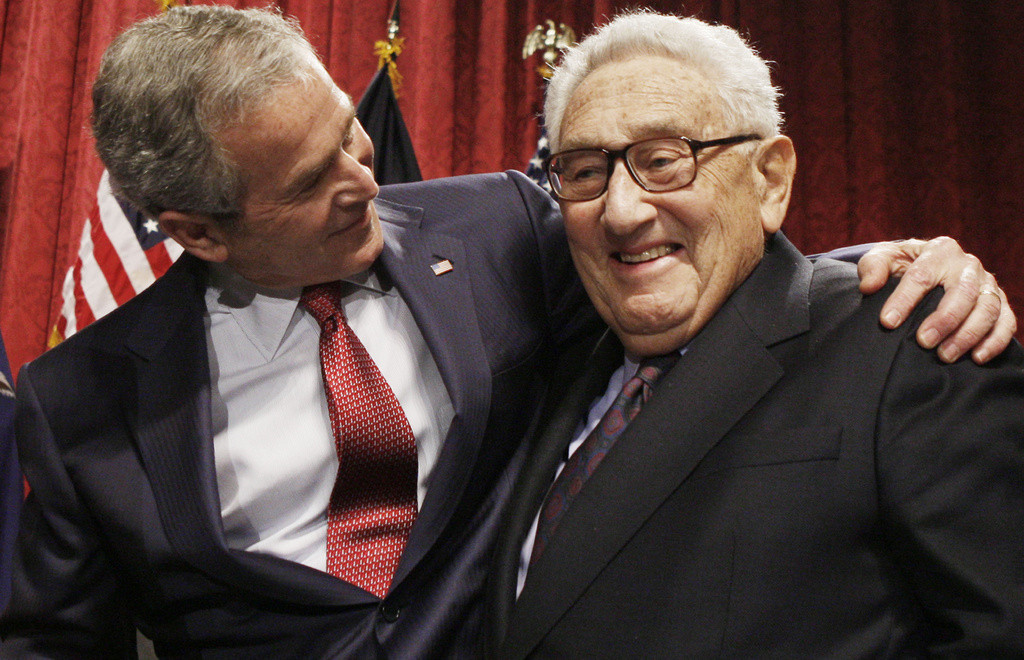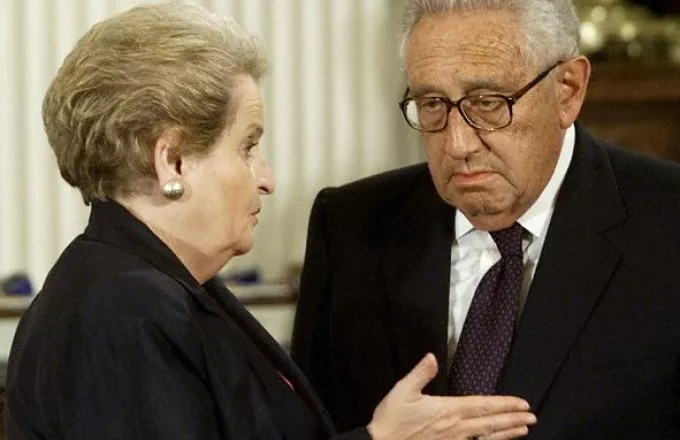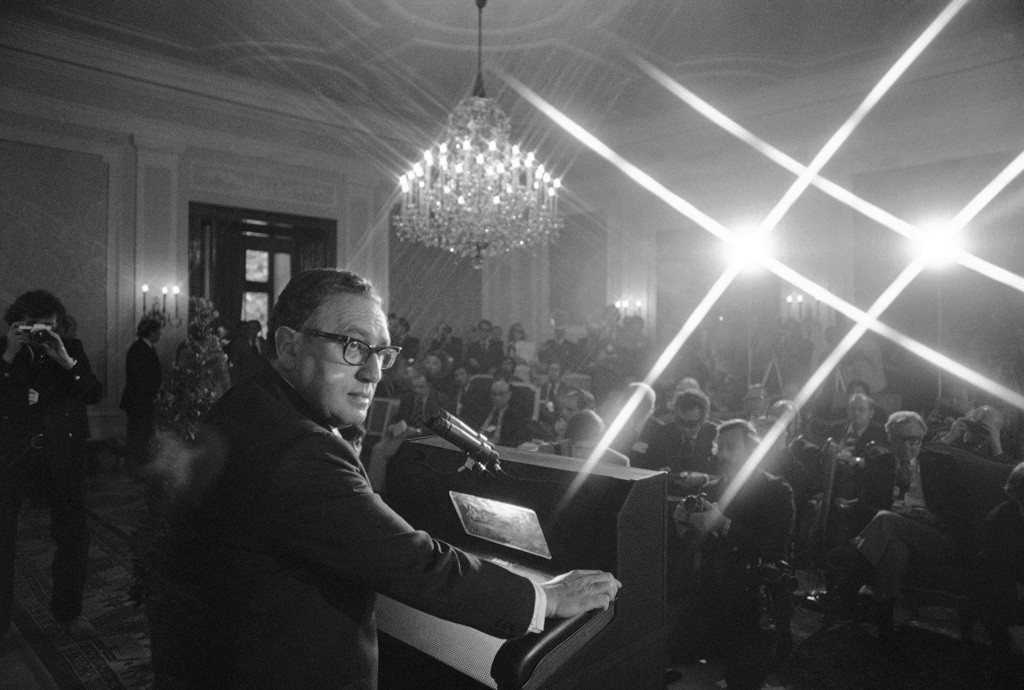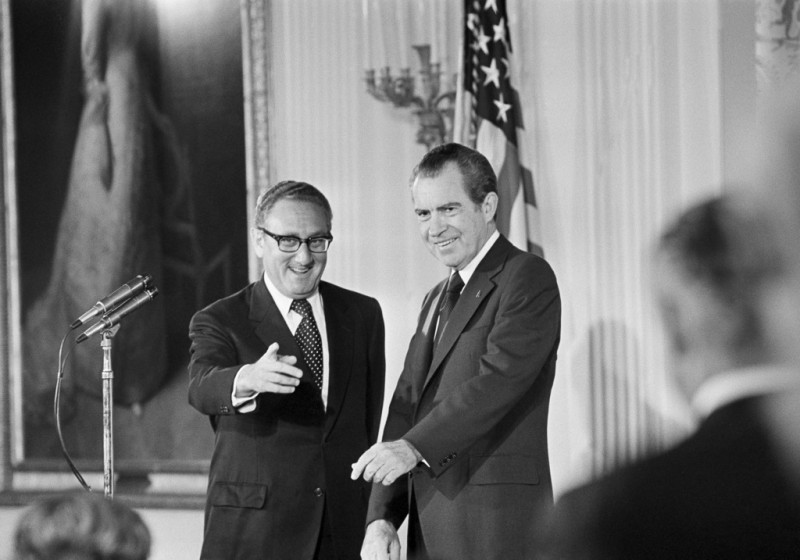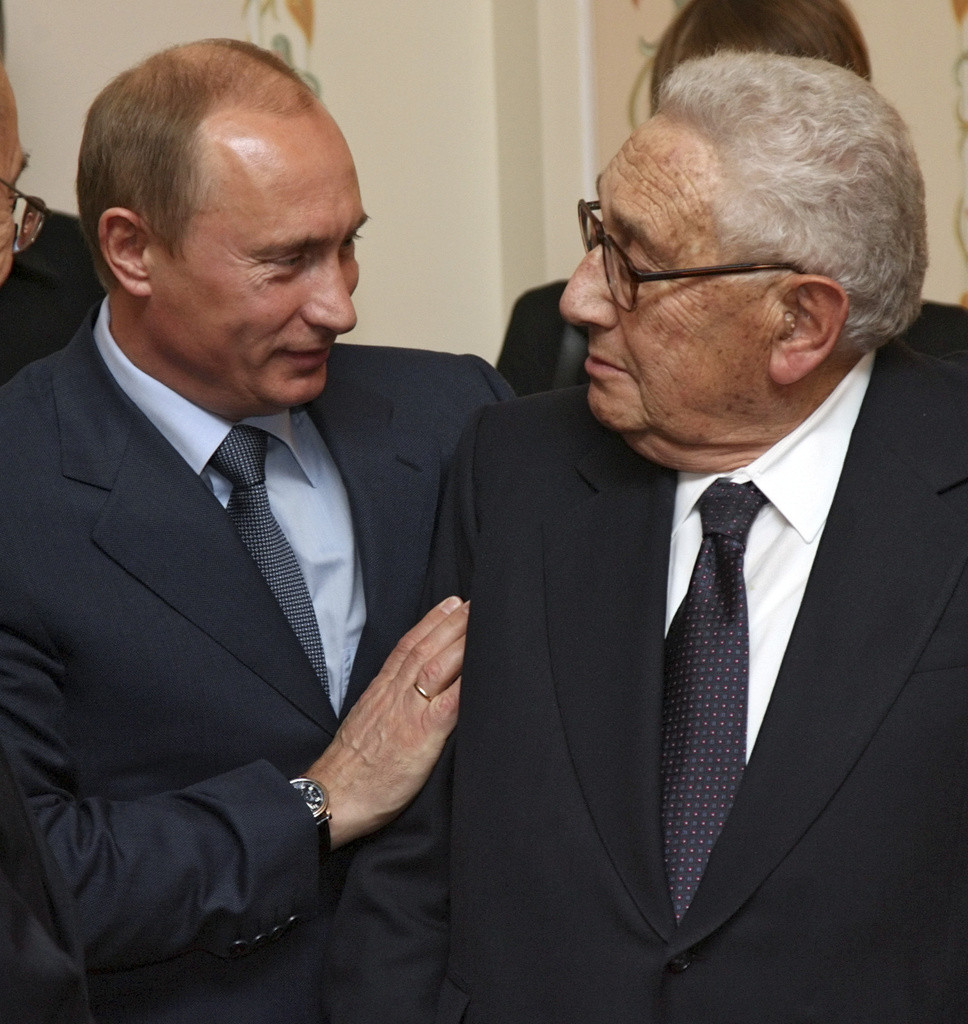Former US Secretary of State Henry Kissinger has passed away at the age of 100. Until the end he remained active, in demand, but also controversial
“Foreign policy genius or authoritarian without moral barriers?” asks the German News Agency (dpa), outlining Henry Kissinger’s political legacy. His countless critics accuse him of behind-the-scenes conspiracies, unprovoked interventions, and even war crimes. To his equally numerous friends, Henry Kissinger – national security adviser and later US secretary of state under Richard Nixon – was the pinnacle of American, if not international, diplomacy.
Unique was his contribution to the unexpected rapprochement of the Americans with the Soviet Union and China. Kissinger’s secret diplomacy led to the first US-Soviet SALT (Strategic Arms Limitation Talks) agreement on the non-proliferation of nuclear weapons and President Nixon’s historic visit to Beijing in 1972. All this at the height of the “Cold War”. In addition, Kissinger took a leading role in mediating efforts to end the Yom Kippur War in 1973, essentially launching Egypt’s historic rapprochement with Israel.
But as Chris Dixon, a historian and professor at the University of Western Australia, points out about Kissinger, “his reputation will remain contested. Most historians agree that there are significant achievements, such as de-escalation with the Soviet Union and China’s opening to the West. But there are also shadows, for example in Asia and Latin American countries.”
From Chile to… the Nobel Prize
A typical case of Kissinger’s tactics was the handling of the war in Vietnam, which had been “bequeathed” to Richard Nixon by John Kennedy. Under Nixon, the Americans continued to bomb Hanoi, while they extended the bombing to Cambodia as well – resulting in the loss of tens of thousands of people’s lives – something they denied, while at the same time they began secret negotiations to end the war. After the signing of the ceasefire Henry Kissinger was awarded the Nobel Peace Prize, together with the Vietnamese leader Le Duc, who however refused to accept the prize. However, Kissinger said after the award that “in my participation in public life, nothing has moved me as much as this award.”
Henry Kissinger’s maneuvers are understood in terms of “realpolitik”, not in terms of ideology. And this was made clear very early on. Typical were what he said in a televised interview in the 1950s, answering the question of whether it was right to send American troops to Lebanon in order to avoid a generalization of the civil conflict: “Under the circumstances that prevailed when the decision was made, it was a right decision, but I wish the politics of the previous years had not shaped these conditions”, said the rising, at the time, “wizard of diplomacy”.
Kissinger’s role in the Chilean military coup and assassination of elected socialist president Salvador Allende in 1973 remains unclear. His critics believe he was directly involved, which he has repeatedly denied. “We didn’t know anything about the 1973 coup,” Kissinger told the US Senate Foreign Affairs Committee as Secretary of State.
Declassified documents from that period show, however, that Kissinger had given his “blessings” to General Pinochet’s coup that led to the overthrow of Allende, while at the same time supporting Indonesia’s invasion of East Timor and not reacting to the mass executions that followed its independence. Bangladesh from Pakistan in 1971. Agence France-Presse adds that Kissinger did not appear to be tormented by “remorse” when the Athens junta overthrew Makarios and Turkey invaded Cyprus.
In demand even after his retirement
With the advent of the Democrats and Jimmy Carter in the White House, Henry Kissinger retired from public office, but continued to star in public life in his own way. Australian historian Chris Dixon describes him as “larger than life” and argues that Henry Kissinger’s fascination, at least with the American public, is partly due to a contradictory element of his personality. “Although he was a diplomat, he did not avoid the spotlight. There is an element of contradiction here. Much of the diplomatic ferment to end the war in Vietnam, of course, took place behind the scenes. On the other hand, he himself had a weakness for publicity. It is certainly an interesting mix…”
Henry Kissinger’s book Diplomacy is certainly one of the most interesting foreign policy textbooks written in recent decades. The same goes for “On China,” another bestseller by Henry Kissinger. Until the end the “wizard of American diplomacy” remained active. His visit to Beijing in July 2023 caused a sensation, where he was even received by President Xi Jinping. Could it be a coincidence that shortly after – and after a period of coolness – official contacts between American and Chinese officials began to intensify, culminating in Xi Jinping’s recent cordial meeting with US President Joe Biden?
Source :Skai
With a wealth of experience honed over 4+ years in journalism, I bring a seasoned voice to the world of news. Currently, I work as a freelance writer and editor, always seeking new opportunities to tell compelling stories in the field of world news.


